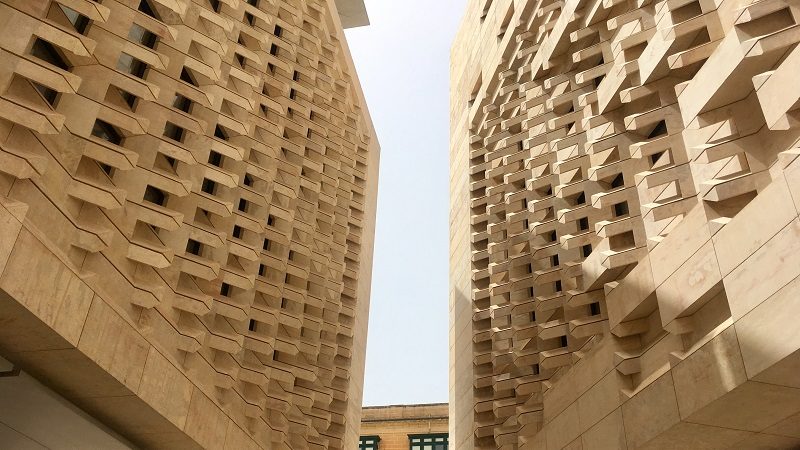Well designed gender quotas lead to significantly more women MPs according to the latest analysis from the Inter-Parliamentary Union (IPU) in a report entitled ‘Women in Parliament 2018’.
The report notes that the percent of women in national parliaments increased by almost one percentage point during 2018, rising from 23.4% in 2017 to 24.3% in 2018.
The IPU is an organisation made up of national parliaments from around the world. It concludes that when a country ensures there is a higher number of female candidates due to gender quotas, it results in more women being elected by popular vote.
On the IPU ranking site, Malta stands at 155 out of 191 countries, failing to meet the national average, electing only seven female MPs in the 2017 snap election.
Malta is surpassed by countries such as Liberia, Egypt, Afghanistan and Somalia, commanding a position only slightly above Congo and the Ivory Coast. Rwanda has occupied the top position in the world in terms of the percentage of women in parliament since 2003, after a bloody civil war.
One of the main takeaways from the research is the fact that, as past reports have shown, those countries that implement gender quotas elected more women to parliament than those countries that do not have gender quota legislation.
In geographical terms, the Americas led the way with an average of 30.6% of members of parliament being women. Europe is just behind with an average of 28.5% across all positions, but rising to 31.4% in the upper chambers.
Italy saw the greatest advances in women’s representation with an increase from 27% to 35.3% due to the introduction of an electoral law in 2017 that stipulates a 50% quota on party lists.
Slovenia registered a drop of 11.2 points due to a concerted effort to find a way around the 35% gender quota required by both the countries Electoral Commission and Supreme Court.
Presented each year in time for International Women’s Day (8 March), the IPU report provides an insight into regional and world trends, information on women candidates and officers, and it also analyses mechanisms aimed at supporting women’s access to parliament.
Female participation in Maltese politics is notoriously low – only 11% of the 377 candidates in last June’s general election were women, down from 15% in 2013.
The National Commission for the Promotion of Equality noted that the number of female MEPs elected was in line with the number of female MEP candidates, which suggests that if gender quotas were introduced to balance the candidate lists, more women would be elected.
PN MEP Roberta Metsola recently came out in strong opposition to gender quotas saying that they “simply paper over the cracks, gives a false sense of security and do nothing to tackle the underlying problem with female representation in Malta and Gozo,” adding that representatives in politics should be chosen on the basis of votes and merit, not gender.
Partit Demokratiku’s MP Marlene Farrugia has also come out strongly against quotas. The Party issued a statement last month, headlined ‘Women are not Tuna’, in which it stressed it was “strictly against the introduction of gender quotas in parliament”, as it would retract progress made by women.
Meanwhile, the Labour Party is working steadily to attract women candidates, even organising the LEAD training programme to prepare them for a life in politics – a focus the other parties in opposition continue to lack.
Labour said it planned to attract at least 48 women candidates to contest the next election, rising to 35% of all candidates by 2022, and 50% of candidates by 2027.












